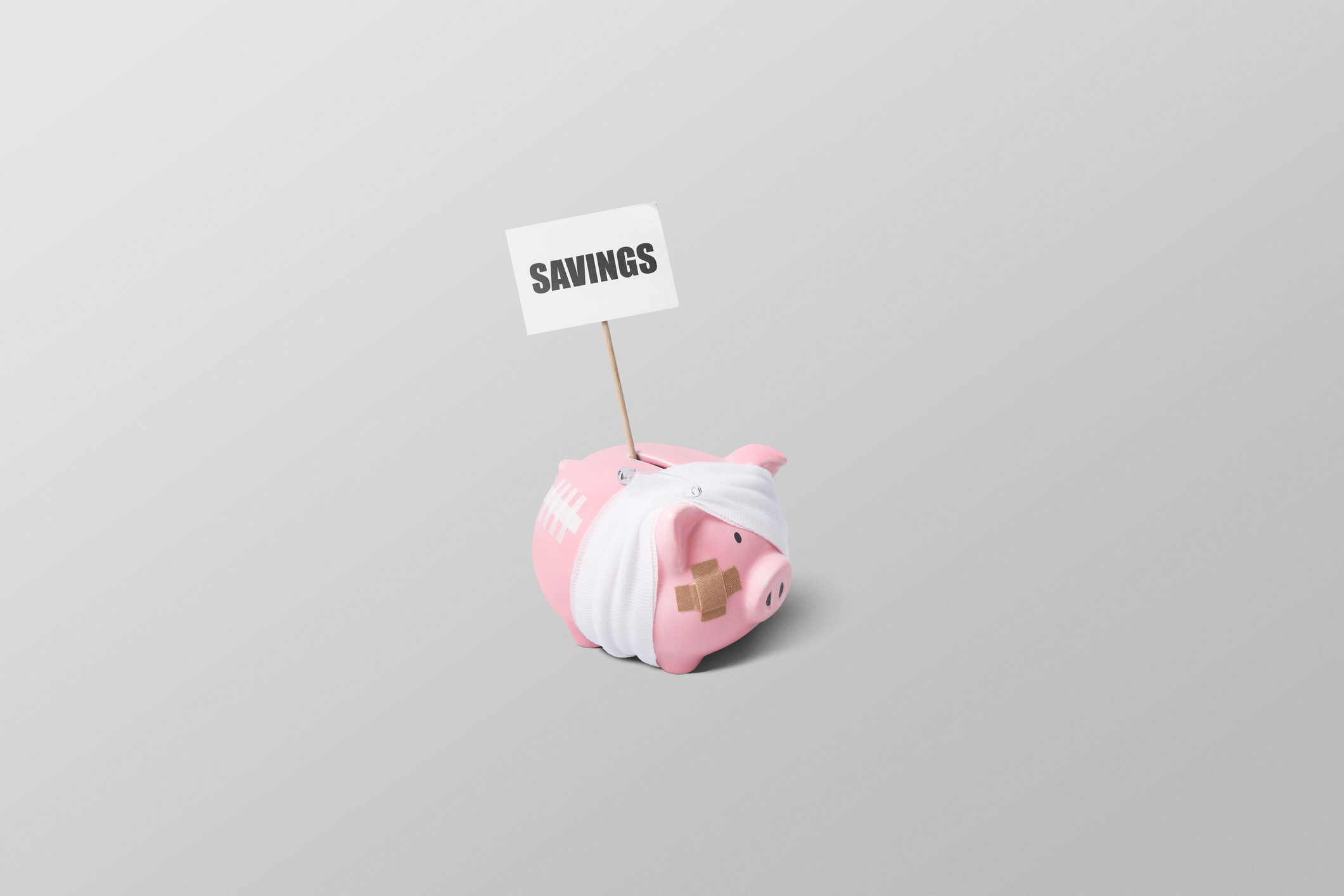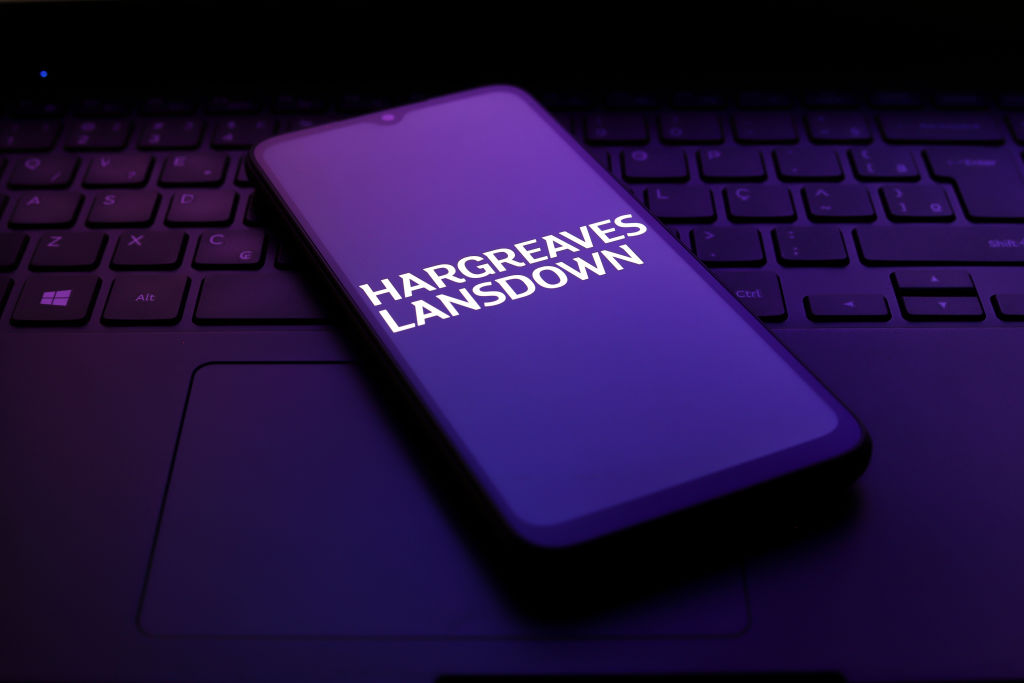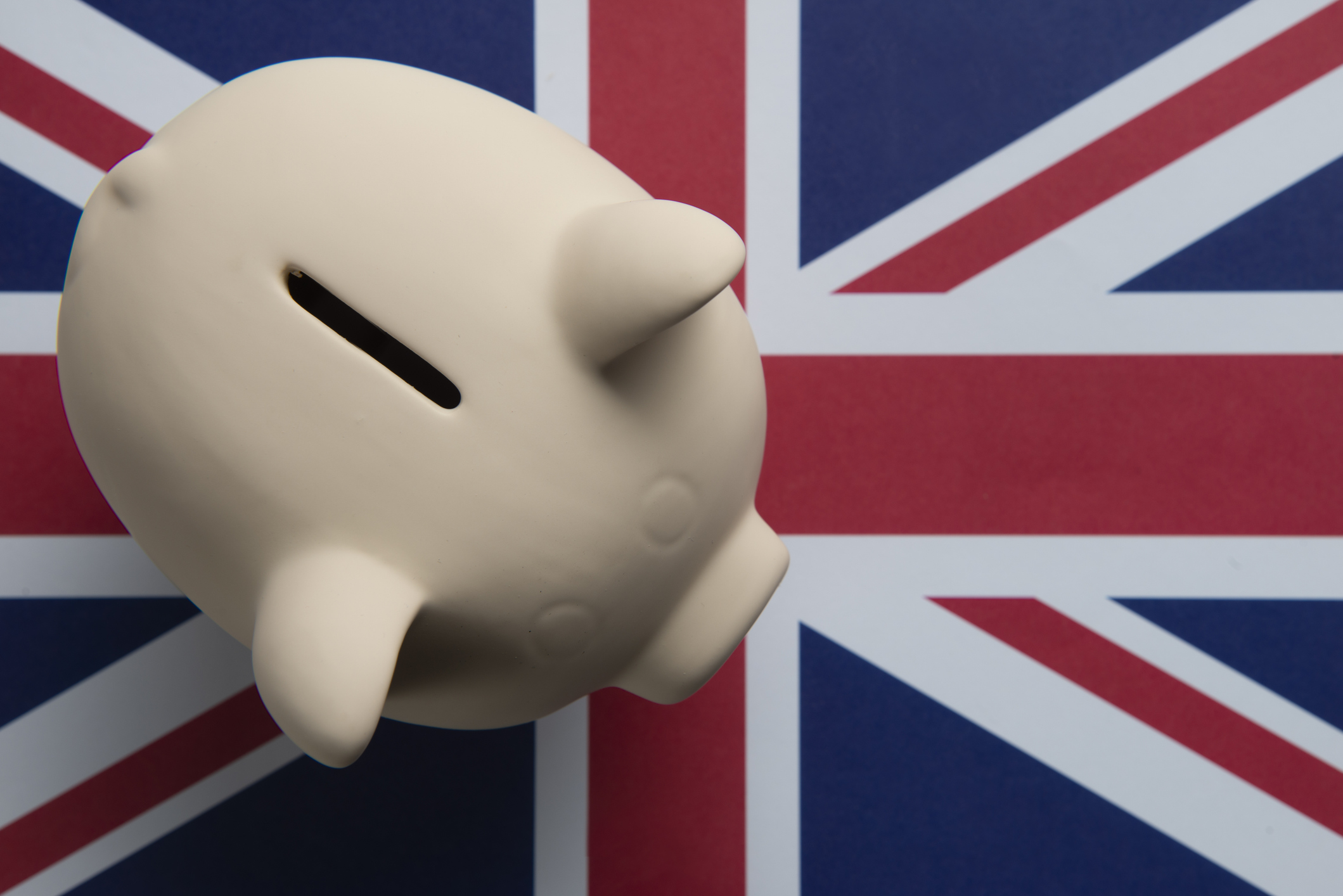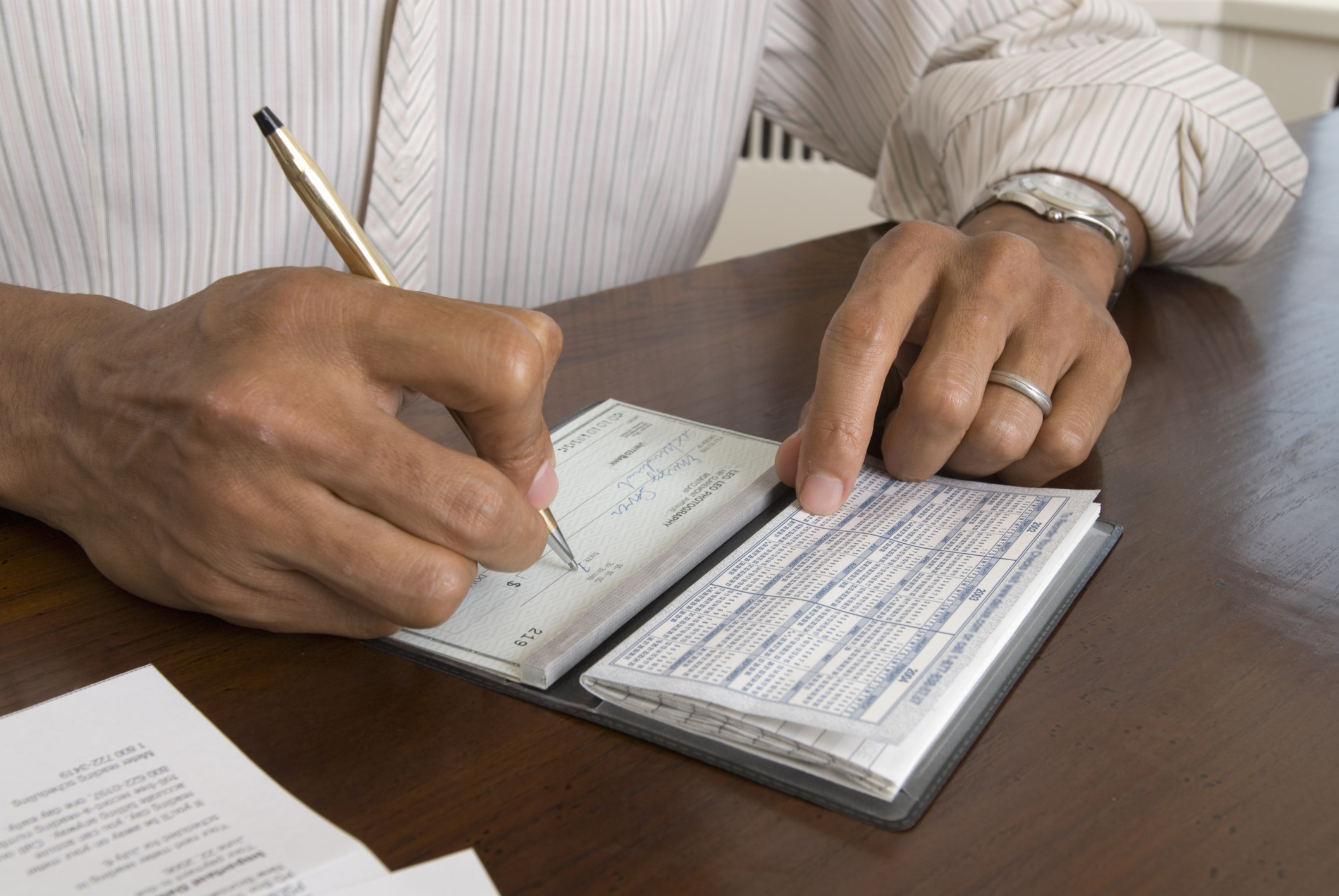‘Current account coasters’ are leaving billions of pounds languishing in low interest accounts
The average saver with £10,000 or more in their zero interest current account is missing out on over £1,500 in potential interest payments, new research has revealed.


Get the latest financial news, insights and expert analysis from our award-winning MoneyWeek team, to help you understand what really matters when it comes to your finances.
You are now subscribed
Your newsletter sign-up was successful
Want to add more newsletters?

Twice daily
MoneyWeek
Get the latest financial news, insights and expert analysis from our award-winning MoneyWeek team, to help you understand what really matters when it comes to your finances.

Four times a week
Look After My Bills
Sign up to our free money-saving newsletter, filled with the latest news and expert advice to help you find the best tips and deals for managing your bills. Start saving today!
Billions of pounds are being left languishing in current accounts that pay zero interest, new data shows.
‘Current account coasters’ are leaving money in their accounts after bills and expenses instead of transferring it to a high-interest savings account, meaning they are getting no additional growth.
Around 74.7 million, or 88% of all current accounts in credit, received no interest on balance in June. The overall average credit balance for accounts receiving no interest stood at £4,236, analysis by Spring, a part of Paragon Bank, found.
MoneyWeek
Subscribe to MoneyWeek today and get your first six magazine issues absolutely FREE

Sign up to Money Morning
Don't miss the latest investment and personal finances news, market analysis, plus money-saving tips with our free twice-daily newsletter
Don't miss the latest investment and personal finances news, market analysis, plus money-saving tips with our free twice-daily newsletter
This static cash will gradually be eroded by inflation, which in August held steady at July’s 18-month high of 3.8% – far higher than the Bank of England’s target of 2%.
This problem is even worse for savers with substantial sums. Spring found 6.4 million current accounts contain a balance of £10,000 or more while earning zero interest, while 323,000 accounts holding £100,000 or more are coasting.
The average balance of an account containing £10,000 or more and earning zero interest is £34,857. If this cash was instead put into one of the best easy-access savings accounts on the market, it could earn over £1,500 in interest over the course of a year.
Derek Sprawling, head of money at Spring, said: “There are a sizable number of current accounts that contain large balances of over £10,000 earning zero interest.
“That money is being eroded in value and could be generating much better returns if moved to a savings account offering a rewarding rate of interest.”
Over £10 billion in savings accounts earning 1% interest or less
The scourge of low interest rates is not contained to just current account balances. In fact, an increasing number of people are earning interest of 1% or less in their savings accounts.
Separate analysis by Paragon Bank shows that 3.9 million UK savings accounts holding £10.6 billion are earning these paltry interest rates.
The number of savings accounts earning 1% or less in interest has grown from 1.7 million in January to 3.9 million in June this year, with the total amount held across these accounts surging by over 125%.
The most significant increase this year happened between May and June, when balances earning minimal interest jumped from £6.6 billion to £10.6 billion.
The rise ends an almost three-year decline in balances earning 1% or below which had steadily fallen since the summer of 2022 when the Bank of England started increasing interest rates.
Andrew Wright, head of savings at Paragon Bank, said: “The tide is beginning to turn for savings balances earning 1% or below. Given stubbornly high inflation, and plenty of competitive options for savers, consumers have a great choice when it comes to savings accounts, yet many are still missing out on significantly better returns.
“We urge savers to shop around and make sure their money isn’t sitting in an account earning 1% or below. Even a small increase in interest can make a meaningful difference over time.”
Some good options for savers whose accounts are afflicted with low interest rates include the Chip Instant Access Account, the best easy-access savings account on the market right now. The account pays 4.8% interest for the first three months before falling to 2.81%.
The second-best savings account on the market is Chase’s Saver with Boosted Rate, which pays 4.5% interest for the first 12 months you hold the account before falling to 2.56%.
Get the latest financial news, insights and expert analysis from our award-winning MoneyWeek team, to help you understand what really matters when it comes to your finances.

Daniel is a financial journalist at MoneyWeek, writing about personal finance, economics, property, politics, and investing.
He covers savings, political news and enjoys translating economic data into simple English, and explaining what it means for your wallet.
Daniel joined MoneyWeek in January 2025. He previously worked at The Economist in their Audience team and read history at Emmanuel College, Cambridge, specialising in the history of political thought.
In his free time, he likes reading, walking around Hampstead Heath, and cooking overambitious meals.
-
 Should you buy an active ETF?
Should you buy an active ETF?ETFs are often mischaracterised as passive products, but they can be a convenient way to add active management to your portfolio
-
 Power up your pension before 5 April – easy ways to save before the tax year end
Power up your pension before 5 April – easy ways to save before the tax year endWith the end of the tax year looming, pension savers currently have a window to review and maximise what’s going into their retirement funds – we look at how
-
 Brits leave £31.6 billion in savings accounts paying 1% interest or less – do you need to switch?
Brits leave £31.6 billion in savings accounts paying 1% interest or less – do you need to switch?Eight million Brits hold money in savings accounts that pay 1% interest or less, meaning the value of their cash is being eroded by inflation.
-
 Buying vs renting: is is better to own or rent your home?
Buying vs renting: is is better to own or rent your home?The higher mortgage rates of recent years have actually made renting comparatively cheaper, analysis suggests. But there are hidden costs to long term renting.
-
 Hargreaves Lansdown launches first cash ISA – how does it compare?
Hargreaves Lansdown launches first cash ISA – how does it compare?Hargreaves Lansdown is offering an own brand cash ISA for the first time with their new easy-access account. How does the interest rate compare to other products?
-
 Is Britain heading for a big debt crisis?
Is Britain heading for a big debt crisis?Opinion Things are not yet as bad as some reports have claimed. But they sure aren’t rosy either, says Julian Jessop
-
 ‘My NS&I one-year British Savings Bond is maturing – what should I do with my savings?
‘My NS&I one-year British Savings Bond is maturing – what should I do with my savings?Thousands of savers will see their fixed-rate savings accounts mature next month. We consider whether you should stick with NS&I or move to a competitor
-
 How to pay in a cheque
How to pay in a chequeReceiving or writing a cheque has become much less common in recent years as instant bank transfers have grown in popularity. Amid widespread bank branch closures, we explain what to do if you get a cheque, and how you can pay one into your bank account.
-
 Best fixed rate cash ISAs – earn up to 4.22%
Best fixed rate cash ISAs – earn up to 4.22%We look at the best fixed rate cash ISAs on the market right now for savers who are willing to lock their cash away for guaranteed tax-free gains
-
 Best inflation-beating savings accounts to make your money work hard
Best inflation-beating savings accounts to make your money work hardInflation rose in December, but is forecast to fall in 2026. We list some of the top savings accounts in terms of rates, where your money will grow in real terms.